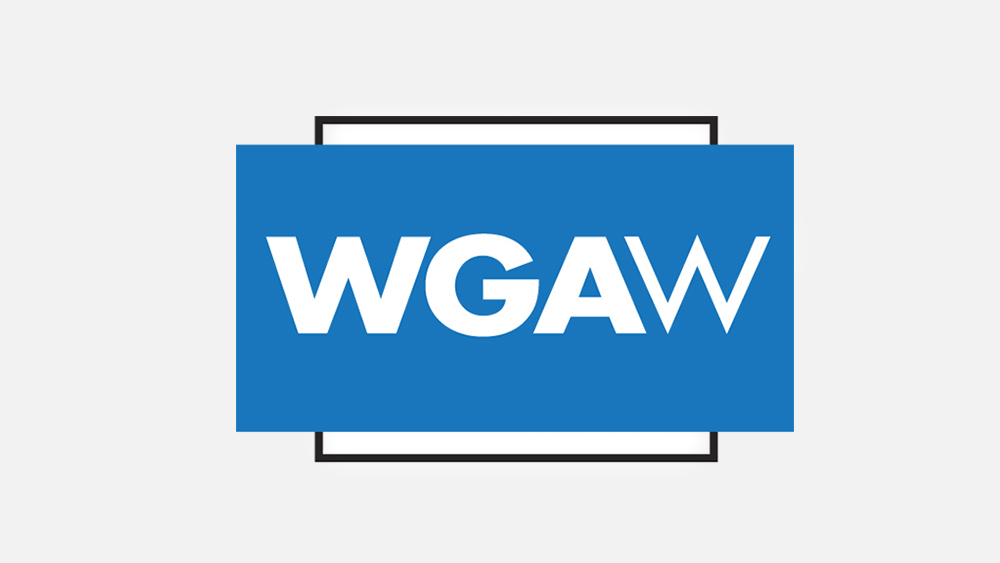Writers Guild Spurns Informal Talks With Talent Agents on Agency Rules
By Dave McNary
LOS ANGELES (Variety.com) – The Writers Guild of America has spurned an offer of informal talks by Hollywood’s talent agents about the WGA’s effort to revamp the rules for agents — insisting that it will only do so in “formal” negotiations.
The missive underlines the animosity that the leaders of the guild have towards Hollywood’s two largest agencies — WME and CAA — moving aggressively into production. As Variety noted in a February cover story, the issue has the potential for conflicts of interest that arise when the same company represents the creative talent on one side of the table and is the employer on the other.
David Young, the longtime executive director of the WGA West, notified agents Monday that the guild was opting out of the informal talks. Karen Stuart, executive director of the Association of Talent Agents, had issued a letter on Aug. 2 to guild leaders seeking an informal meeting to better understand the WGA’s concerns and proposals.
Young said in the missive, “As I made clear in my prior communication last month the Guild is prepared to meet with you in ample time to reach a new agreement. I also appreciate your emphasis on partnership, and we believe the WGA and the Agencies should be partners. But aspects of our partnership have gone awry, and we are trying to address those things in an appropriate fashion.”
Young’s response gave no specific timetable for the meetings. The WGA notified Hollywood agents in April that it wanted to renegotiate its 42-year-old franchise agreement after the WGA West and WGA East boards voted unanimously to reopen the guilds’ franchise agency agreement. The WGA West held three meetings in March, during which their leaders accused Hollywood’s top talent agencies of being engaged in conflicts of interest in how they represent writers.
The WGA told members on April 6 that it has sent the a 12-month notice to terminate the existing deal, known as the Artists’ Manager Basic Agreement. The terms and conditions of the current agreement will remain in effect through April 6, 2019, but will expire if a new agreement is not reached.
Agents have been saying privately that they were frustrated that the WGA leaders had not reached out informally at any point to discuss those concerns. They have also insisted that agents are merely responding to how Hollywood is finding financing amid a rapidly shifting business environment. Stuart said in her August letter that agents have a longstanding partnership with the writers.
“The ATA and its member agencies have been your partner in championing writers and their careers for more than 60 years,” she said. “We are proud of the relationship we have enjoyed with the WGA and proud of our agencies’ record of success in representing their clients — your members. Every day, our agencies are on the front lines fighting for writers’ needs: opportunity, creative freedom. and, of course, fair compensation.”
She also detailed the profound shifts in Hollywood that both sides are facing.
“Media consolidation and other seismic changes in the development, production, and distribution ecosystem have significantly altered the landscape writers — both new and established — face every day,” Stuart said in her letter. “As the writer’s role is central and indispensable, we know that it is of utmost importance to the WGA that writers continue to be able to create freely, access the most advantageous opportunities, and maximize their compensation; the agencies that represent writers, day in and day out, fully share those beliefs.”
The key WGA proposal says, “No agency shall accept any money or thing of value from the employer of a client” — which would effectively end all packaging deals, in which agencies receive both upfront and back-end fees. The WGA is also proposing that “no agency shall derive any revenue or other benefit from a client’s involvement in or employment on a motion picture project, other than a percentage commission based on the client’s compensation.”
The WGA has also proposed that, “no agency shall have an ownership or other financial interest in, or shall be owned by or affiliated with, any entity or individual engaged in the production or distribution of motion pictures.”
The news about WGA spurning the informal talks was first reported by Deadline Hollywood. Young’s latest letter follows:
Hi Karen-
As I made clear in my prior communication last month the Guild is prepared to meet with you in ample time to reach a new agreement.
I also appreciate your emphasis on partnership, and we believe the WGA and the Agencies should be partners. But aspects of our partnership have gone awry, and we are trying to address those things in an appropriate fashion. Our agreement with you requires us to give notice of our intent to renegotiate and to send proposals for a new agreement. That’s exactly what we did in April of this year.
Among the issues that concern writers are agency conflicts of interest such as packaging and producing. I would remind you that, regardless of our partnership, the Agencies in 1976 forced packaging into our current agreement over vehement opposition from writers. In fact the biggest packaging agency sued the WGA for anti-trust in order to pressure us to accept.
Further, in 2002 the ATA agencies busted the SAG franchise agreement over your demand to be allowed to become producers. Given that similar concerns are part of our 2018 proposals, we do not assume that partnership rather than conflict will prevail, but we remain hopeful.
In that spirit we look forward in due time to our formal discussions with you.
Best-
David

